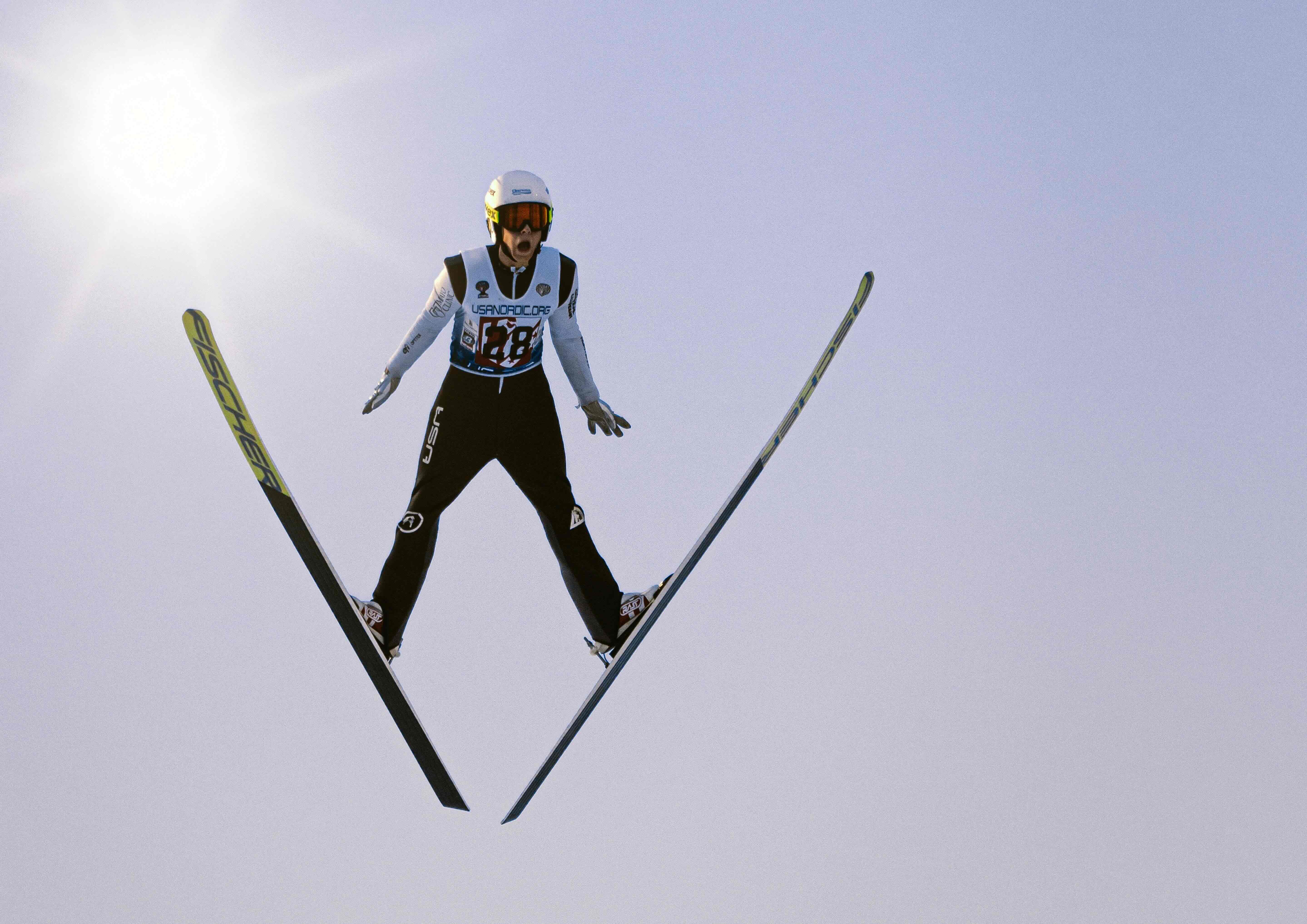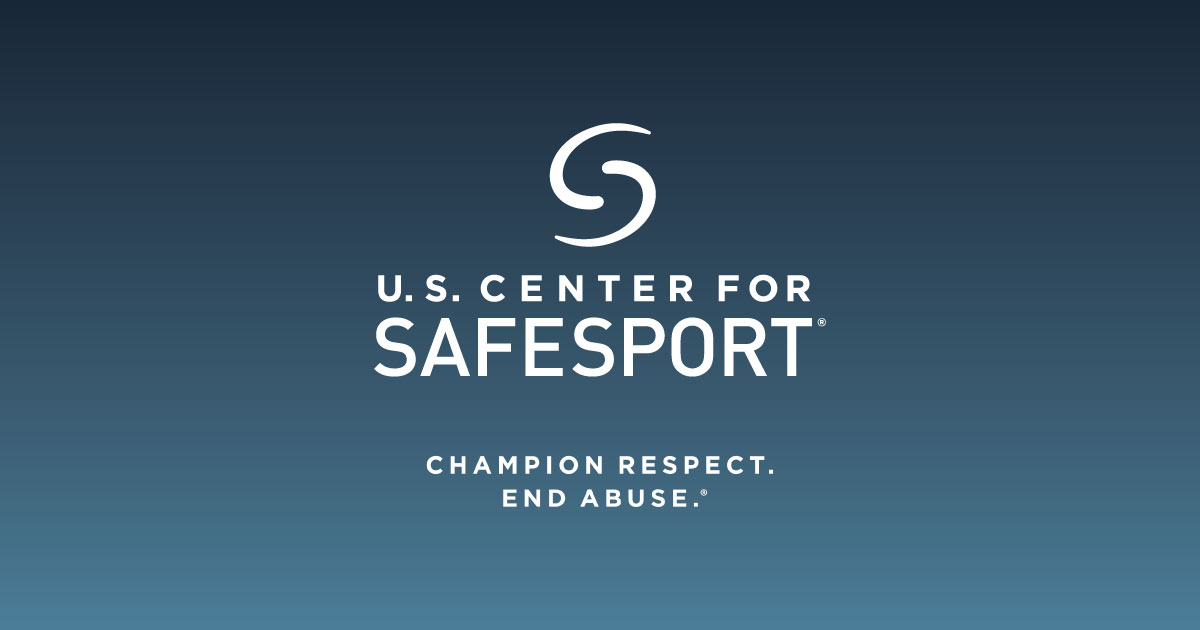
Our original Coach Athlete Relationship Diagrams have served as a cornerstone in our prevention education materials, providing viewers with a side-by-side comparison of healthy and unhealthy relationship dynamics that can be observed in athletic spaces. To make these concepts even more tangible, relatable, and accessible for various learning styles and viewers, we have created 2 additional versions of these diagrams.
First, check out the C.A.R.D. Diagrams — Dialogue Version! Here you will find examples of what care and support SOUND like versus what power and control dynamics may sound like. These quotes can deepen your understanding of healthy and unhealthy dynamics and help you reflect on the communication and behavior observed in your athletic community.


Second, check out the C.A.R.D. Diagrams — Icon Version! Here you find examples of what care and support LOOK like versus what power and control dynamics may look like. These graphics, too, can assist you in identifying and reflecting upon healthy and unhealthy dynamics you may observe in your sporting space.


Remember that for all sports, there is a mutual goal of fostering healthy, safe, and positive relationships between coaches and athletes. The coach/athlete relationship is complex as it contains a prevalent power imbalance, similar to ones within teacher/student and employee/employer relationships. This is because the person in power holds authority regarding the athlete’s behavior and events. Coaches play an extremely influential role in athletes' lives, supporting their growth and development and making decisions regarding their progress and status in their sport.
The power imbalance between coaches and athletes is not inherently bad or detrimental, as coaches are often trusted and esteemed for their expert opinions, resources, and knowledge of their sport. The power imbalance, however, can be exploited and damaging to athletes, leading to relationships based on power and control instead of care and support, if mindful practices are not put into place.
When athletes have a healthy relationship with their coaches, their performance improves, and coaches are empowered to develop their athletes’ success further. Experiencing misconduct, abuse, and trauma can impact athletes differently, having negative repercussions on their physical, emotional, and mental well-being, as well as their athletic performance. Awareness and prevention of these patterns of power and control help keep everyone safe.
If you are experiencing or observing patterns of power and control, you can find additional information on confidential helplines, sexual assault reporting procedures, and mental health resources here.
Download and share these additional resources today! You can also order a metal sign for free with these diagrams to display in your gym, barn, or boathouse, as well as a set of our C.A.R.D. magnets!

Kathryn McClain, MSW, MBA
Program and Partnerships Director at #WeRideTogether
.jpeg)



